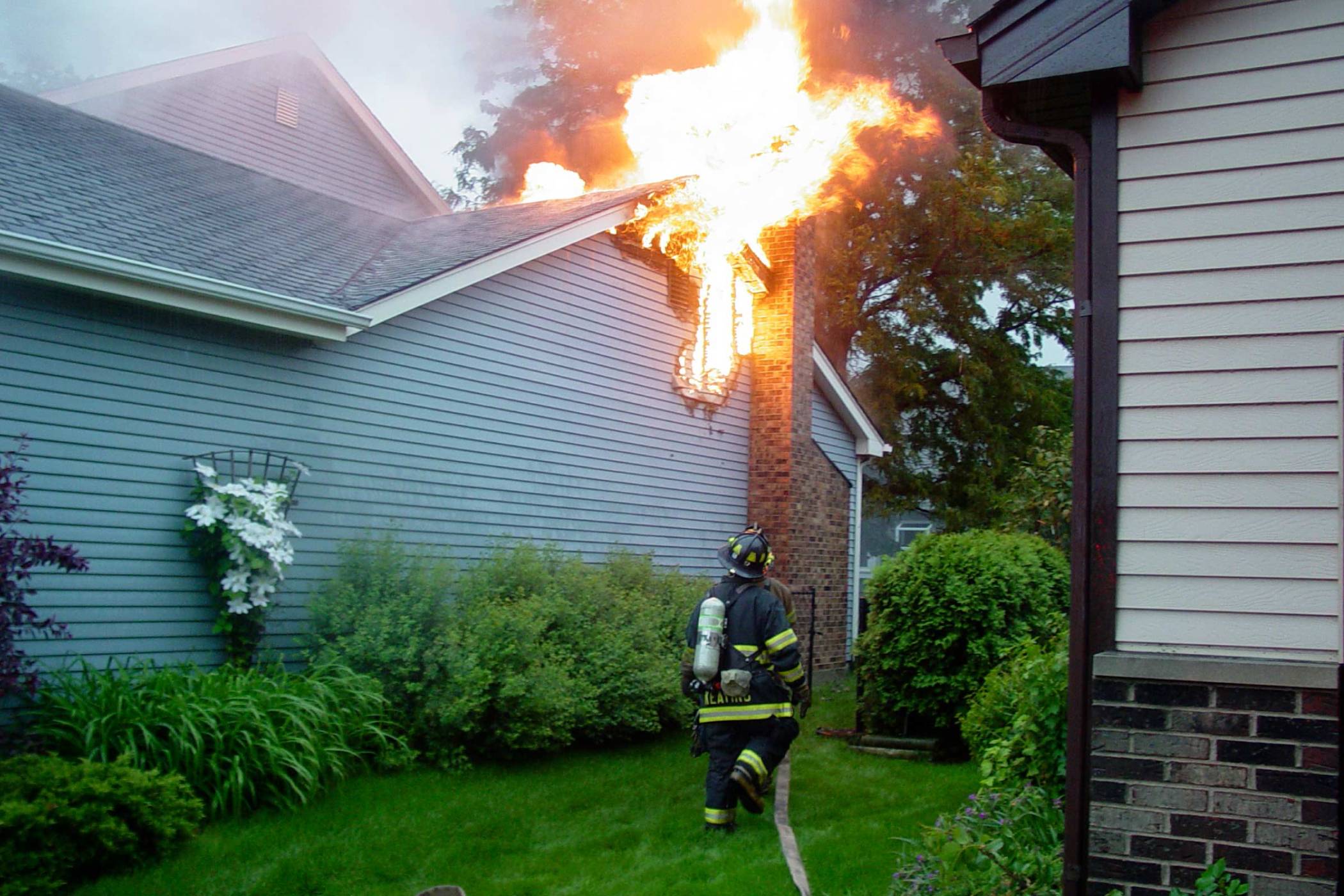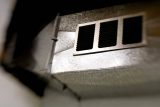Fire Prevention Week: Safety Tips
Homeowners
Call Now for 24/7 Emergencies574-385-9111
Posted by: David Sanner 10 months ago
The National Fire Protection Association (NFPA) has dedicated October 8-14, 2023 to fire prevention education. National Fire Prevention Week is a great reminder to check your home’s fire safety measures and ensure you and your family are as safe as possible.
It’s also a time when children in local schools are typically learning about how to have a safety plan and what to do in a fire-related emergency. Local fire departments connect with the public to raise awareness and provide community training.
A fire can be one of the most devastating ways your home sustains damage. Whether it’s a small kitchen-related fire that was quickly extinguished or a larger fire that seriously damaged your home, Lake City Restoration is here to help.
Our expert restoration team can even help walk you through the process and work directly with your homeowner’s insurance company to make restoring your home as stress-free as possible.

Cooking Safely Starts With You
Each year, the NFPA announces a theme for Fire Prevention Week, and 2023’s theme is about cooking safely. Since nearly half of all home fires begin in the kitchen or involve cooking equipment, it’s important to raise awareness and provide tips and training to stay safe in the kitchen.
Be Prepared
If you’re cooking on the stovetop, keep a lid for a large pot or pan nearby. If a small grease fire sparks on your stovetop, you can easily smother the fire by sliding the lid over the flame and turning off your stove.
Stay In The Kitchen
Never leave your kitchen while you’re actively cooking: frying, broiling, boiling, or grilling. It’s the same safety concept as never leaving a lit candle unattended.
If you’re doing more passive cooking, such as baking, roasting, or leaving a pot to simmer, be sure to check in regularly to ensure your food is safe and isn’t at risk of causing a fire.
Store Flammable Items Safely
While you’re cooking, especially if you have a gas range or stovetop, keep anything that could easily catch fire away from the top of your stove. That includes potholders, oven mitts, wooden utensils, food packaging, and more.
Teach Children Kitchen Safety
If you have young children in your home, the kitchen can be a dangerous place for them unless they know how to stay safe. Make sure they understand not to touch the stove or other hot surfaces and once they’re old enough, they should know where the fire extinguisher is and how to operate it.
Have A Dedicated Kitchen Fire Extinguisher
Your kitchen should always have a fire extinguisher within reach. Make sure you and anyone else cooking in your home knows where it is located and how to use it. Fire extinguishers also have expiration dates, so be sure to know when yours expires and replace it (typically every 10 years).
Test Your Smoke Detectors
You should have a smoke detector in your kitchen, so be sure to check the battery monthly. It’s easy to test your smoke detector by pressing and holding down the test button until it goes off. If it chirps or doesn’t respond, change the batteries.
Maybe add something about having a kitchen fire extinguisher?
After A Fire: We’re Here To Help
If you’ve had a fire in your home, we’re here to help. Fire damage and smoke damage can affect areas of your home that weren’t directly on fire, and it’s important to ensure your home is restored safely.
Our team of experts will walk you through the fire damage restoration process step-by-step so you can relax knowing your home is in the hands of professionals.
Our services include fire damage restoration, mold restoration, water damage cleanup, storm damage repair, and other necessary restoration services.
Categories:
About: David Sanner
David’s mission is to always provide the best for each customer, using the latest technology and methods with integrity. Owning his own business has given him the freedom to embrace innovation, industry changes, and technological advancements quickly while providing services to a large geographic area.
You May Be Interested In:

Keep Your Home Safe With These Outdoor Grilling Tips
2 weeks ago by David Sanner

The Impact of Restoration Services on Indoor Air Quality
1 month ago by David Sanner

Keep Your Home Safe While You’re On Vacation
2 months ago by David Sanner

Home Insurance Claims: Tips For Documenting Damage
2 months ago by David Sanner
Are You Currently Having an Emergency?
Whether you’re having an emergency now or you’ve recently found damage, we’re ready to help 24/7! Call us now or reach out to our contact page.